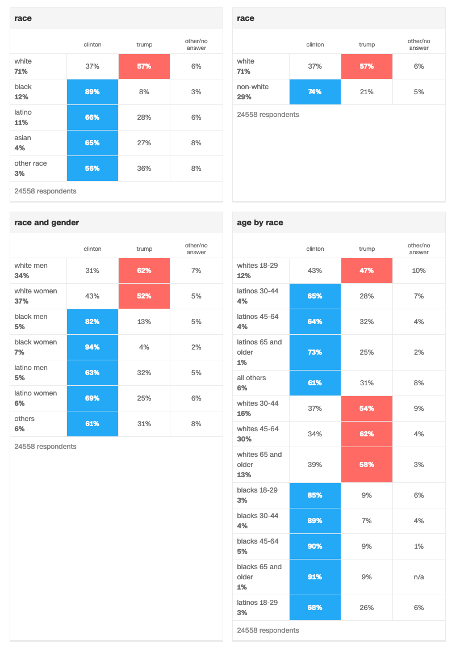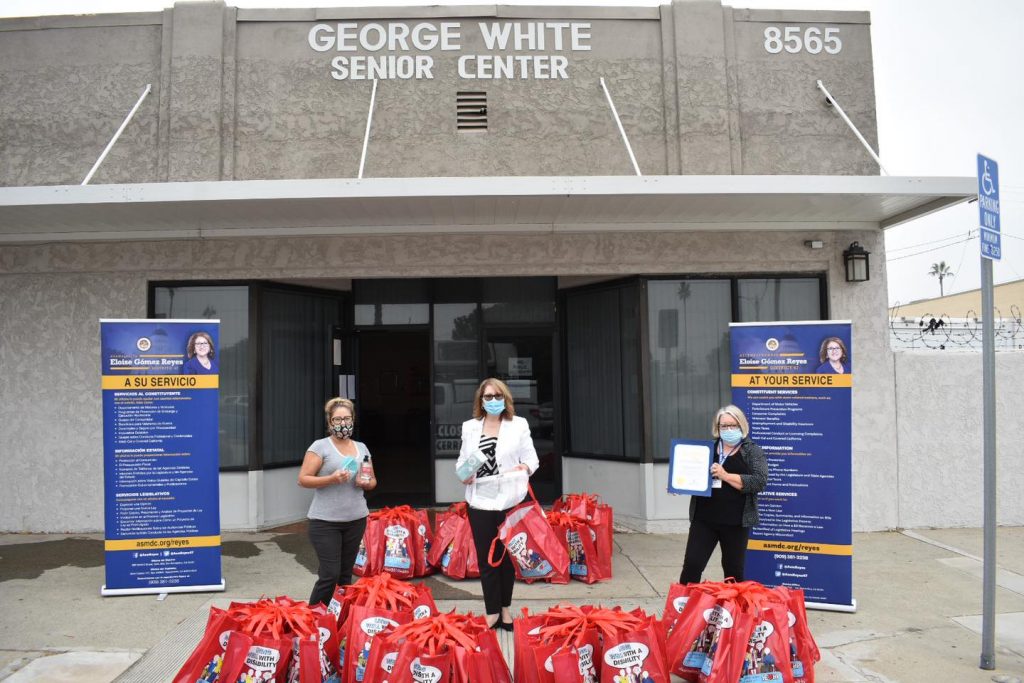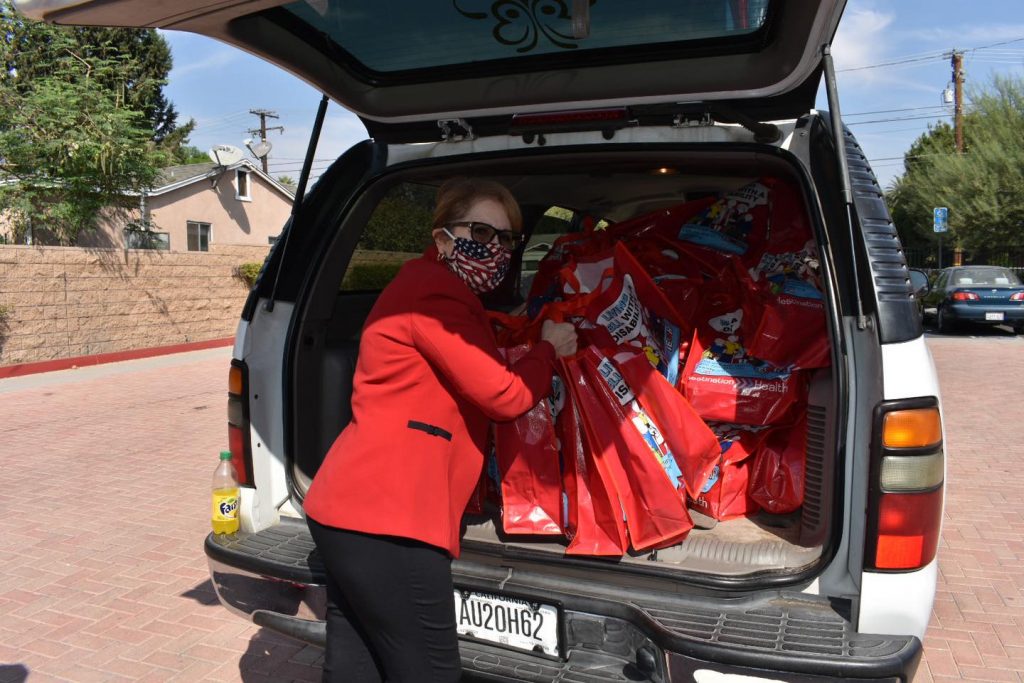By Antonio Ray Harvey | California Black Media
The California Association of Black School Educators (CABSE) will hold its fourth annual conference in a virtual setting this year.
Scheduled for Thursday, November 12 and Friday, November 13, the statewide conference will be centered on the theme “Blueprint for Educational Equity.”
Organizers say attendees can look forward to workshops that highlight the newest innovations in learning and cutting?edge educational interventions that lead to academic success, particularly for Black students.
“Despite the challenges posed by COVID?19, this year’s conference will continue to build on CABSE’s strong legacy of shining the spotlight to expose inequities faced by students of color in this country,” said Micah Ali, the Conference’s chairperson. “I am confident that our speakers and workshop programming will offer an illuminating view of the challenges faced by Black and Brown students.”
“I look forward to the thoughtful, productive and collaborative solutions that will undoubtedly be advanced during this convening,” Ali continued.
Confirmed speakers include Tony Thurmond, California State Superintendent of Public Instruction, and Dr. Shaun Harper, Founder and Executive Director of the University of Southern California’s Center for the Study of Race and Equity in Education.
Dr. Thomas Parham, President, California State University Dominguez Hills, is also scheduled to speak during the virtual meeting.
Compton Unified School District (USD), Riverside County Office of Education (COE), San Diego USD, Ed Trust West, Corona Norco USD and Fresno COE, among others, will all participate in scheduled workshops.
Each workshop will address a “Blueprint” theme: Applying a Holistic Cradle?to?Career Lens to Education; Embracing Technology as the Great Equity Equalizer; and Challenging Inherent Bias and Promoting Positive Campus Climates.
“Our Blueprint for Educational Equity is envisioned as a living document that crowdsources the best and brightest ideas in the educational space,” said CASBE President Gary Hardie, Jr. “We look forward to seeing how these issues will be elevated and the kind of solutions that will be proposed.”
Even with a thoughtful blueprint to help Black students succeed, CASBE faces an uphill climb. The organization is holding its annual conference at a time when the COVID-19 pandemic has dealt a blow to public school education in California and across the country. Public education policy experts warn that distance learning will likely increase the disturbing achievement gap that already exists between Black students and that of their peers of other ethnic groups.
In California, nearly 68 percent of all African American perform below their grade level in English and language arts. In math, about 80 percent of Black students do not meet the state’s proficiency mark.
CASBE is a nonpartisan organization consisting of elected and appointed school officials, administrators, and instructors from across California who are committed to advancing equity for Black students. CABSE members represent governmental agencies, charter schools, and charter school organizations, traditional public schools, and community colleges.
The organization says its mission is to expand the PK?14 educational opportunities available to all students in California, with an emphasis on underrepresented and under?served Black students.
Find more information about the conference and register online at www.cabse.org.
 Westside Story Newspaper – Online The News of The Empire – Sharing the Quest for Excellence
Westside Story Newspaper – Online The News of The Empire – Sharing the Quest for Excellence
























